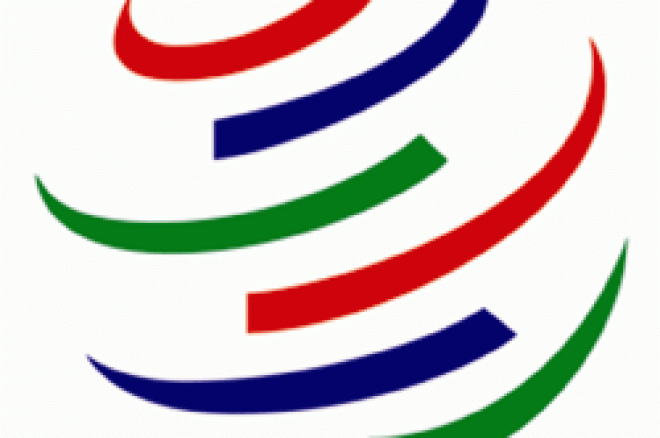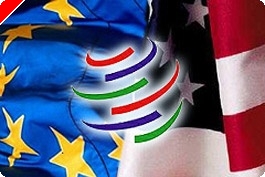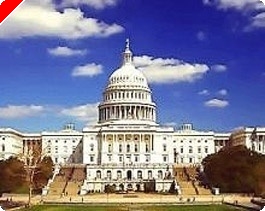WTO Awards Antigua $21 Million Annually in Online Gambling Dispute

Today, the World Trade Organization released the decision by the Arbitrator on the case of United States �C Measures Affecting The Cross-Border Supply Of Gambling And Betting Services. The 89-page decision awarded Antigua and Barbuda an annual $21 million compensation claim against the US and also approved of Antigua's right to suspend its recognition of US copyright and trademark laws to an amount that does not exceed the value of its claim. Neither country can appeal today's decision.
While Antigua's dispute with the US was hard fought and won, the WTO decision is a far cry from the annual $3.4 billion that Antigua was seeking. Although the US was pushing for a mere $500,000 award without granting the WTO's permission to suspend intellectual property agreements, the US was understandably pleased. A statement from the Office of the US Trade Representative said, "Antigua's claim was patently excessive. The United States is pleased that the figure arrived at by the arbitrator is over 100 times lower than Antigua's claim. Because the United States is already taking steps to bring itself into compliance by clarifying its WTO commitments with respect to Internet gambling, the Arbitrator's award issued today is not paramount."
The crux of the award determination was the Arbitrator's decision to adopt a "counterfactual case" that clearly favored the US cause. A counterfactual case is one that best reflects an agreement the two parties likely would have developed had they been able to do so amicably. In this dispute, the WTO sided with the US' affirmation that they never would have agreed to allow Antigua unrestricted access to all online gambling markets. The counterfactual case that the Arbitrator decided on was one that would have allowed Antigua access only to the US online gambling market associated with horseracing.
Antigua's lawyer Mark Mendel was critical of the Arbitrator's damage calculation methodology, but focused on the silver lining of cross-retaliating by suspending the intellectual property rights of U.S. business interests. He said, "$21 million a year in intellectual property rights suspension going forward indefinitely is not such a bad asset to have," he said.
While a financially shallow decision, the case still represents a landmark victory for Antigua. The dispute initiated by the tiny island nation in 2003 represents the first time another WTO country was able to defeat the US, the largest WTO member, in the international trade court. It also represents the first time that the US has formally withdrawn from a General Agreement on Trade in Services (GATS) commitment. The US "clarified" its online gambling commitment in May 2007 after the WTO sided with Antigua, determining that US online gambling laws were discriminatory and violated its commitments under the trade agreement. This opened up the door for compensation claims by all affected WTO trading partners. Earlier this week, the US settled related claims with the European Union, Canada, and Japan. The US is still in talks with Macau, Costa Rica, and India.








